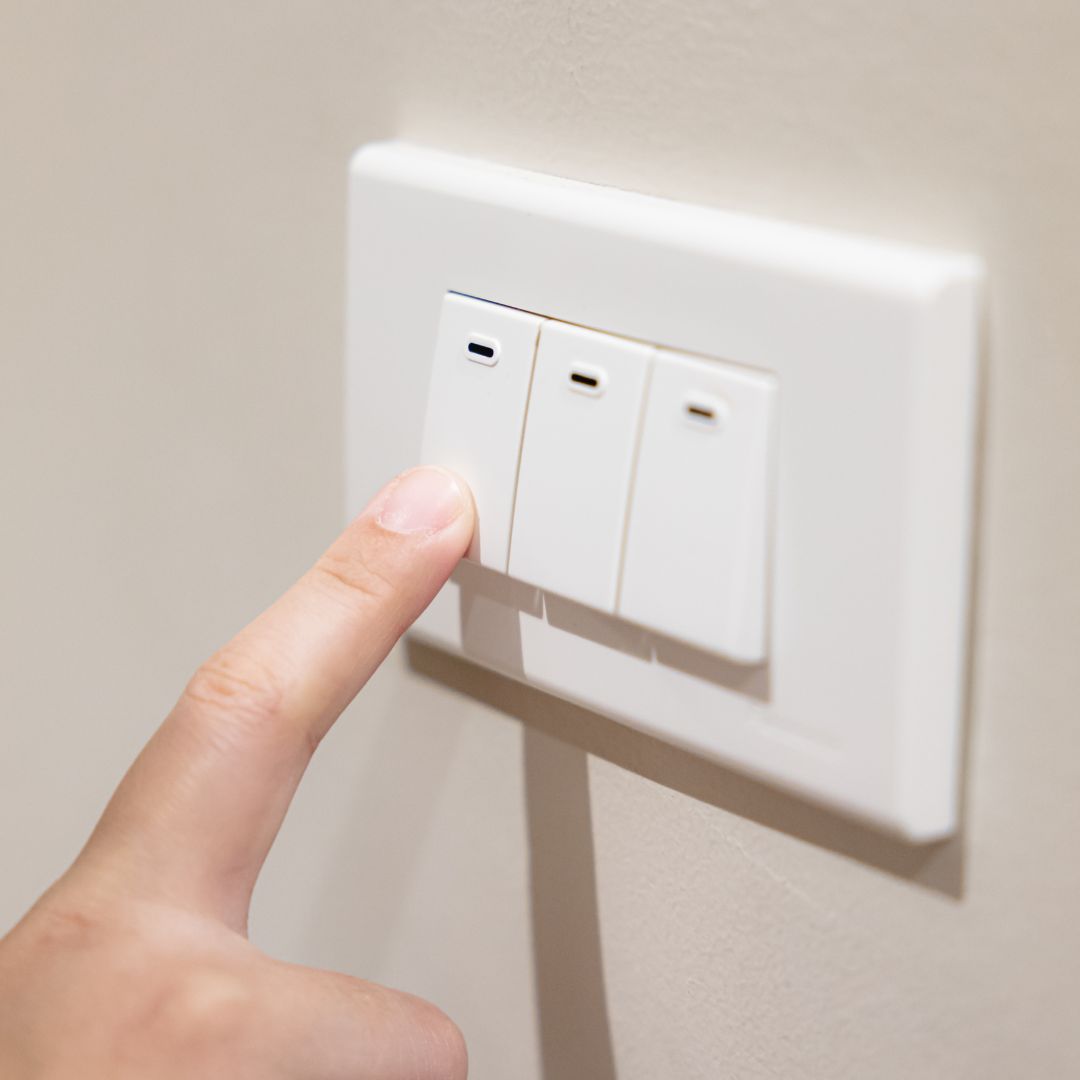Escalating energy prices are a concern for everyone, and small business owners are feeling the pinch as their bills climb higher. You’re not alone in your quest to rein in spiraling energy costs.
Fortunately, a few straightforward adjustments can make a substantial dent in your energy bills. Here are five energy-saving strategies to help your business cut costs.
1) Foster an Energy-Conscious Culture
Initiate a conversation about energy savings within your team. Many people aren’t aware of the energy they consume and may inadvertently waste it. Encouraging your employees to switch off lights and computers when not in use can have a considerable impact.
Consider a rewards system for employees who suggest innovative energy-saving ideas. Energy conservation should be a collaborative goal.
2) Upgrade to Energy-Efficient Appliances
Investing in modern, energy-efficient equipment may seem counterintuitive when trying to save money, but the long-term savings can be substantial. With energy costs unlikely to decrease, the shift to energy-efficient technology is an investment that pays off.
Look out for government tax reliefs aimed at small businesses for energy-efficient improvements in the post-covid-19 era. These can mitigate the initial investment cost significantly.
3) Conduct an Energy Audit
To tackle energy wastage effectively, you need to know where it’s happening. Energy audits can pinpoint exactly where your business is overusing energy. Many energy providers offer these audits at a low cost or even for free.
An audit can provide you with a clear action plan tailored to your specific business needs.
4) Implement Timers and Smart Controls
Automation is your ally in cutting energy costs. Installing timers and smart controls can ensure that lights and equipment are only on when necessary. There’s a wide array of options available, from basic timers to advanced systems that can be controlled remotely.
5) Promote Remote Work
Telecommuting isn’t just a response to modern work culture; it’s a cost-effective strategy for reducing energy consumption. If feasible, have employees work from home part-time. This could lead to fewer people in the office, potentially allowing you to downsize to a smaller space and save on energy costs across the board.
Encouraging remote work can also diminish the need for lighting, heating, and cooling in a larger, underutilized office space.
In Conclusion
While the surge in energy costs presents a hurdle, your business can still achieve significant savings with proactive energy management. Simple, mindful changes can contribute to a healthier bottom line and a more sustainable business model.

